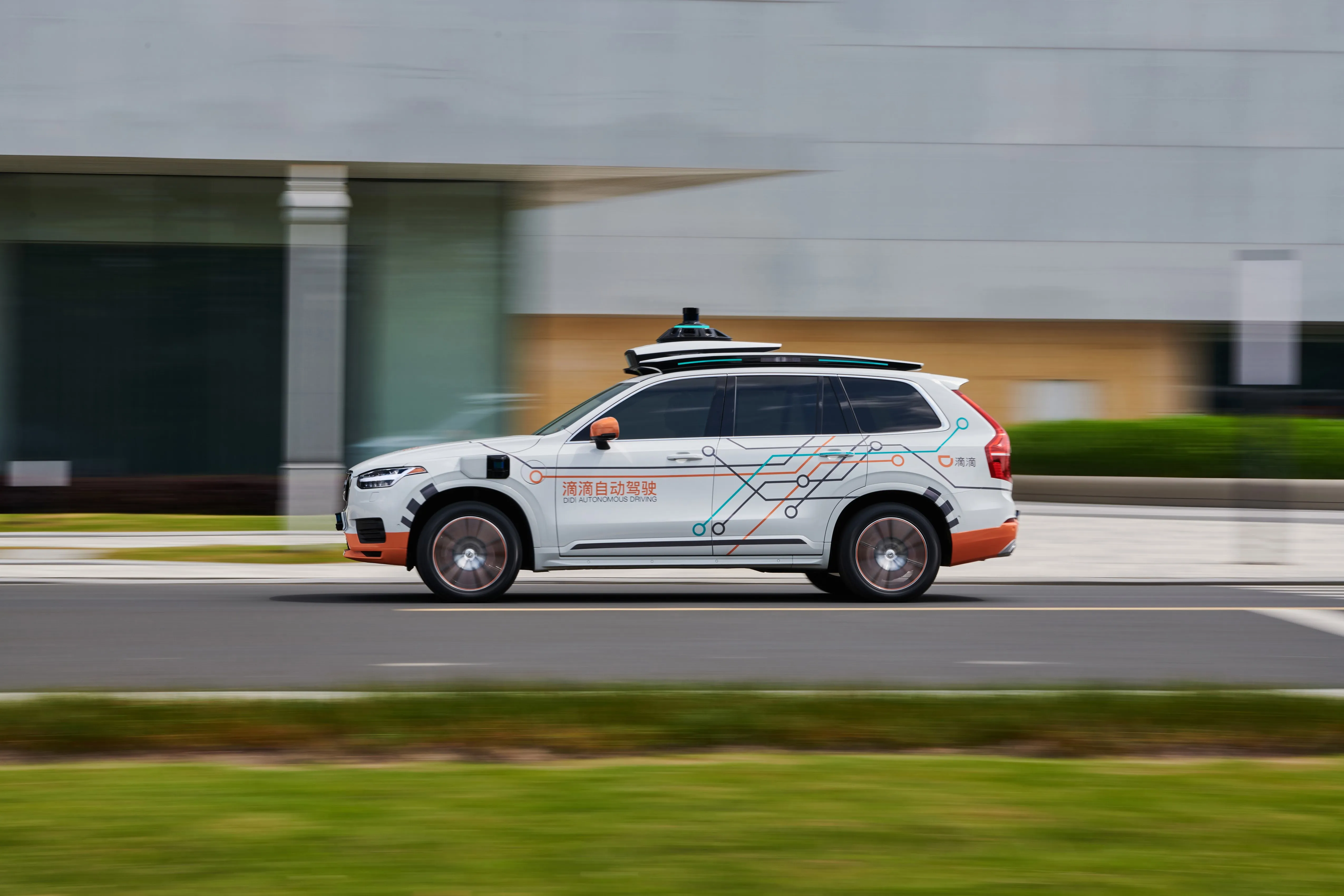Volvo Cars will play a leading role in the world's first large-scale autonomous driving pilot project in which 100 self-driving Volvo cars will use approximately 50 kilometres of selected public roads in everyday driving conditions around the Swedish city of Gothenburg. These roads are typical commuter arteries and include motorway conditions and frequent queues.
The project also includes fully automated parking, without a driver in the car.
The ground-breaking project 'Drive Me - Self-driving cars f
December 3, 2013
Read time: 2 mins
The project also includes fully automated parking, without a driver in the car.
The ground-breaking project 'Drive Me - Self-driving cars for sustainable mobility' is endorsed by the Swedish government and is a joint initiative between Volvo Car Group, the
The aim is to pinpoint the community benefits of autonomous driving and position Sweden and Volvo Cars as leaders in the development of future mobility.
"Autonomous vehicles are an integrated part of Volvo Cars' as well as the Swedish government's vision of zero traffic fatalities. This public pilot represents an important step towards this goal," says Håkan Samuelsson, president and CEO of Volvo Car Group. "It will give us an insight into the technological challenges at the same time as we get valuable feedback from real customers driving on public roads."
'Drive Me' will commence in 2014 and the first cars are expected to be on the roads in Gothenburg by 2017.











